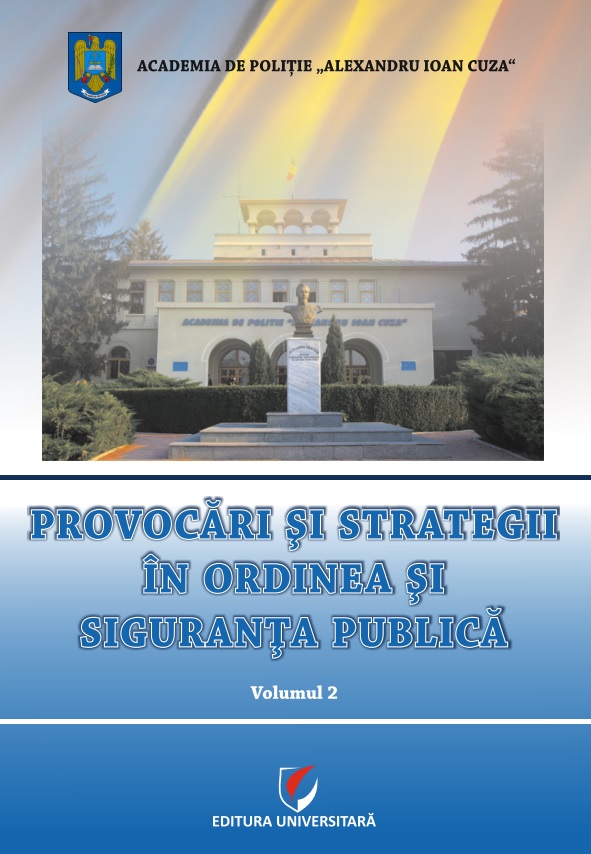METODICI EXPERIMENTALE DE SPECTROMETRIE ÎN CERCETĂRI DE MEDIU
EXPERIMENTAL SPECTROMETRY METHODS IN ENVIRONMENTAL RESEARCH
Author(s): Irinel Alexandru Precup, Liviu Valentin Bălănescu
Subject(s): Politics / Political Sciences, Politics, Law, Constitution, Jurisprudence, Geography, Regional studies, Library and Information Science, Environmental Geography, Education and training, Civil Society, Governance, Labor relations, Security and defense, Military policy, Geopolitics, Peace and Conflict Studies, Labour and Social Security Law
Published by: Editura Universitară
Keywords: spectrometry; radioactivity; muons; detection; neutrons;
Summary/Abstract: Spectrometry and measurements of radioactive background are used to detect and quantify levels of ionizing radiation in various environments, including air, water, and soil. These techniques allow the determination of the type and quantity of radionuclides present in a sample and can be used to evaluate the impact of radiation on human health and the environment. Spectrometry involves detecting and analyzing the radiation emitted by radioactive materials, while measurements of radioactive background refer to measuring the level of background radiation in a particular environment or location. Measurements of radioactive background are important in assessing the risks associated with exposure to radiation in a given environment. These measurements are carried out using measuring instruments such as dosimeters, radiation detectors, or spectrometers and allow the monitoring of radiation levels in various environments, including areas where there are natural or artificial sources of radiation. Overall, spectrometry and measurements of radioactive background are essential for evaluating the risks associated with exposure to radiation and for protecting human health and the environment.
Book: PROVOCĂRI ȘI STRATEGII ÎN ORDINEA ȘI SIGURANȚA PUBLICĂ
- Page Range: 250-256
- Page Count: 7
- Publication Year: 2023
- Language: Romanian
- Content File-PDF

